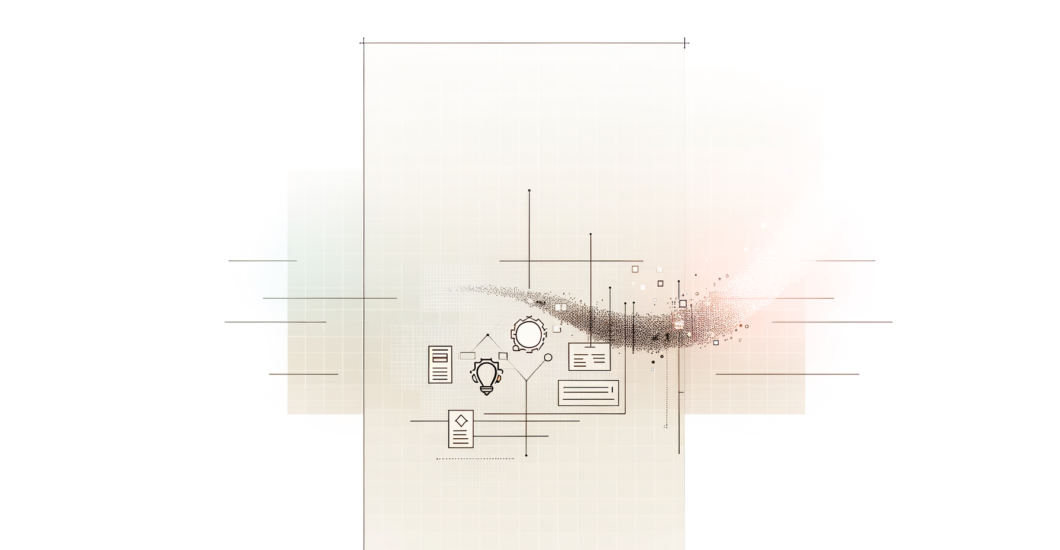Get ready to rethink programming. In 2022, the number of job postings for software developers surged by a staggering 56%. Yet, even as the demand for coding skills skyrockets, a new player has entered the arena: AI coding tools. These tools promise to revolutionize the way we develop software, enabling even novice programmers to build complex applications with minimal effort. But what does this mean for the future of coding? As developers grapple with this rapidly changing landscape, the question looms larger: Are we witnessing the dawn of a new era in software development, or is this just another tech fad?
As we dive into this wave of AI coding tools, it becomes clear that these innovations are not merely supplementary; they are transformative forces reshaping our approach to software development.
Code Whisperers: The Rise of AI Copilots
Imagine having a coding assistant that never takes a coffee break. Enter AI copilots like GitHub Copilot and OpenAI’s Codex. These tools can analyze lines of code, suggest improvements, and even write entire functions based on natural language prompts. It’s like having a mentor who guides you through coding challenges. A recent study found that developers using these AI assistants report up to 50% faster coding times, shattering previously held beliefs about productivity in programming. But this rapid acceleration brings with it a question: is the human touch becoming obsolete?
Breaking Down Barriers: Empowering Non-Developers
One of the most exciting impacts of AI coding tools is their ability to democratize software development. With platforms like Bubble and Adalo, individuals with limited coding knowledge can create functional applications with drag-and-drop interfaces. This shift opens the door to creating software for myriad industries—from startups to educational institutions—where coding was once the exclusive domain of tech-savvy individuals. As the barriers dissolve, the world begins to embrace a future where anyone can be a “coder,” but does this mean we’re sacrificing quality for quantity?
The Dark Side: Ethical Questions and Job Displacement
With great power comes great responsibility, and the rise of AI coding tools isn’t without its ethical dilemmas. What happens to the jobs of skilled developers when AI can generate code at a fraction of the cost? While some argue that these tools will enhance developer roles—shifting focus from mundane tasks to creative problem-solving—others fear a future where the human element in coding is diminished, possibly leading to layoffs and industry instability. The debate intensifies as the technology matures and integration becomes deeper. Can we find a balance, or will AI’s encroachment lead to a dystopian tech landscape?
The Future of Collaboration: Humans and AI Together
Instead of relegating human developers to the sidelines, emerging trends suggest a collaborative future where humans and AI blend their strengths. This partnership could result in a synergy that pushes the boundaries of innovation. Experts predict future coding environments where AI tools take care of the nitty-gritty, allowing human developers to focus on higher-level designs and strategies that require critical thinking and creativity. This co-evolution can redefine what it means to be a developer and could lead to fresh, groundbreaking software solutions.
Conclusion: Mapping the Uncharted Territories of Innovation
The rise of AI coding tools marks a pivotal moment in software development, offering unprecedented opportunities and challenges. As we stand on the brink of this new era, it’s essential to navigate this landscape thoughtfully. Will AI augment our ability to create, or replace the very essence of what it means to be a developer? The jury is still out, but one thing is clear: the next chapter of software development is unfolding, and it’s going to be one wild ride.


